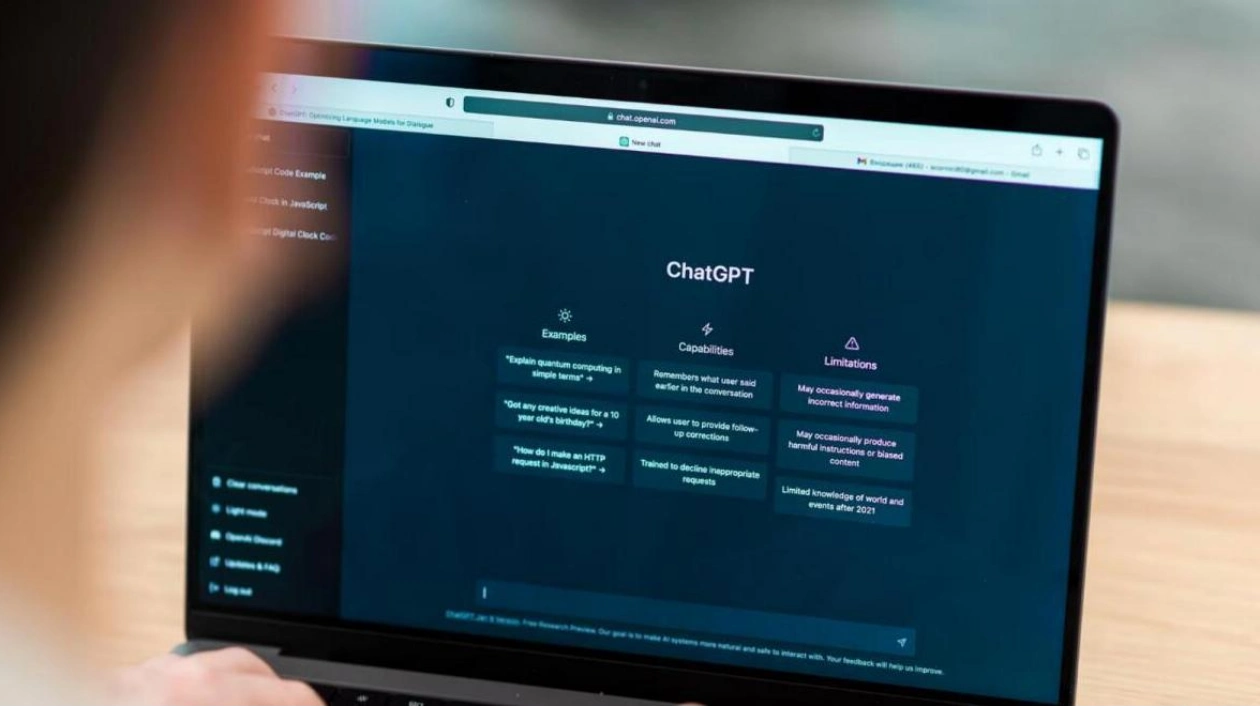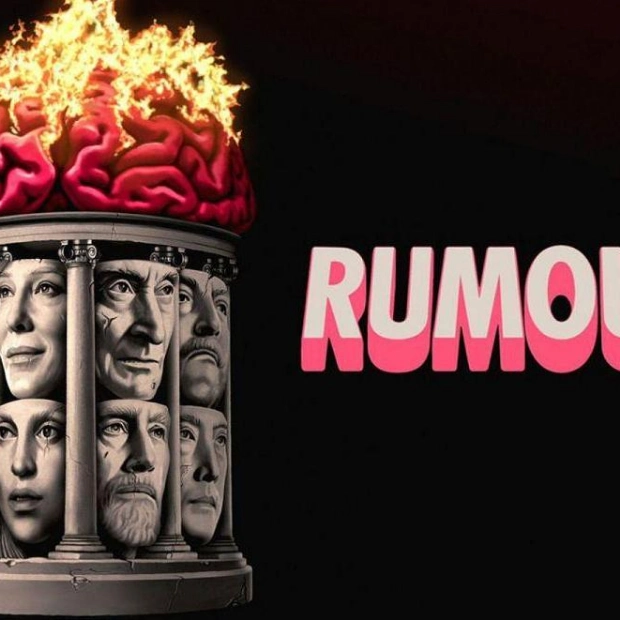Artificial intelligence (AI) has always been a topic I approach with a significant degree of nuance, largely due to the unpredictable and often unregulated nature of its application. It’s challenging to discern genuine insights from those who merely exploit the term, flaunting titles like ‘AI expert’ or ‘experienced with generative AI’. In my opinion, having a basic understanding of AI’s commercial applications is the absolute minimum. Failing to have an informed opinion on generative AI and its implications for your industry by 2024 is akin to those who dismissed the Internet as a fleeting fad in the 90s.
Instead of delving into the technical intricacies of AI itself, I would prefer to explore the cultural landscape surrounding AI, both in professional settings and everyday life, as well as the inherent risks associated with its widespread adoption. These risks are far more commonplace and thus more likely to materialize—and no, I’m not referring to Skynet becoming operational on Judgment Day.
For Generation Z, AI represents the new frontier. As the older generations pass on and Millennials transition into their roles as the older generation, it will fall on Generation Z to ensure that AI works for us. This means preventing AI from usurping human jobs, especially those that become overly streamlined and efficient, potentially stripping away the unique nuances of individual styles, such as a writer’s voice.
This is particularly concerning in my industry. Traditional news media often relies on dedicated editors to adapt wire news for publication, making stylistic and cultural adjustments to better resonate with their audience. When it comes to AI’s role in this process, there’s a prevailing belief that generative AI can do no wrong. However, generative AI language models, like Chat-GPT, while powerful in their basic form, are only as sophisticated as a primary school student and lack the ability for deeper analysis. This doesn’t disqualify their use, but it does mean that anyone with a basic understanding and an Internet connection can produce passable marketing copy that looks indistinguishable from professional work.
This lack of differentiation is at the core of the issue that many fail to grasp. Despite being digital natives, Generation Z has developed a preference for the real world, seeking to disconnect from social media, the Internet, and the constant barrage of bad news, in favor of reconnecting with friends and family in the ‘real’ world. AI, much like Generation Z, has been continuously exposed to the vastness of the Internet from its inception and shows no signs of disconnection. In fact, developers of chat-based AI systems are continually expanding and enhancing their connections to the Internet and the world beyond their creators, training them on increasingly complex queries.
This brings us back to the risks associated with hyper-advanced technology. In my ideal vision, the use of AI would propel us closer to an internationalist utopian ideal—think Star Trek, Solarpunk, world peace, or whatever you envision—where robots handle the mundane tasks, allowing humanity to focus on art, philosophy, and exploring the stars. I remain hopeful that we will reach this ideal, so it’s high time we start familiarizing ourselves with our future robotic companions.






